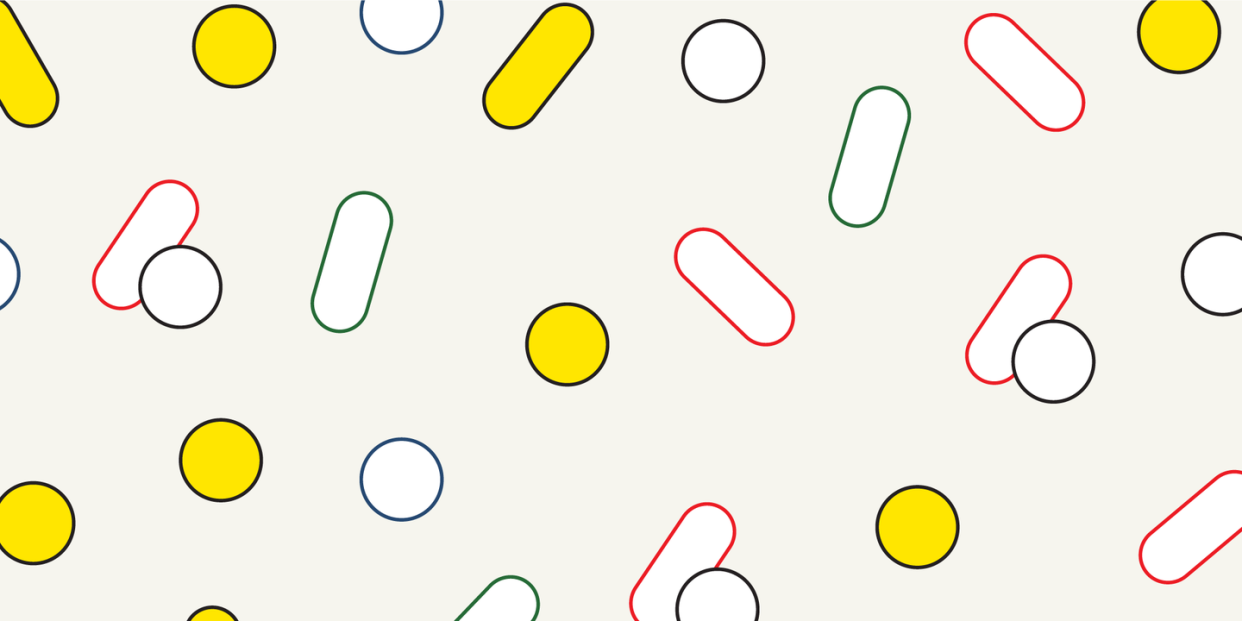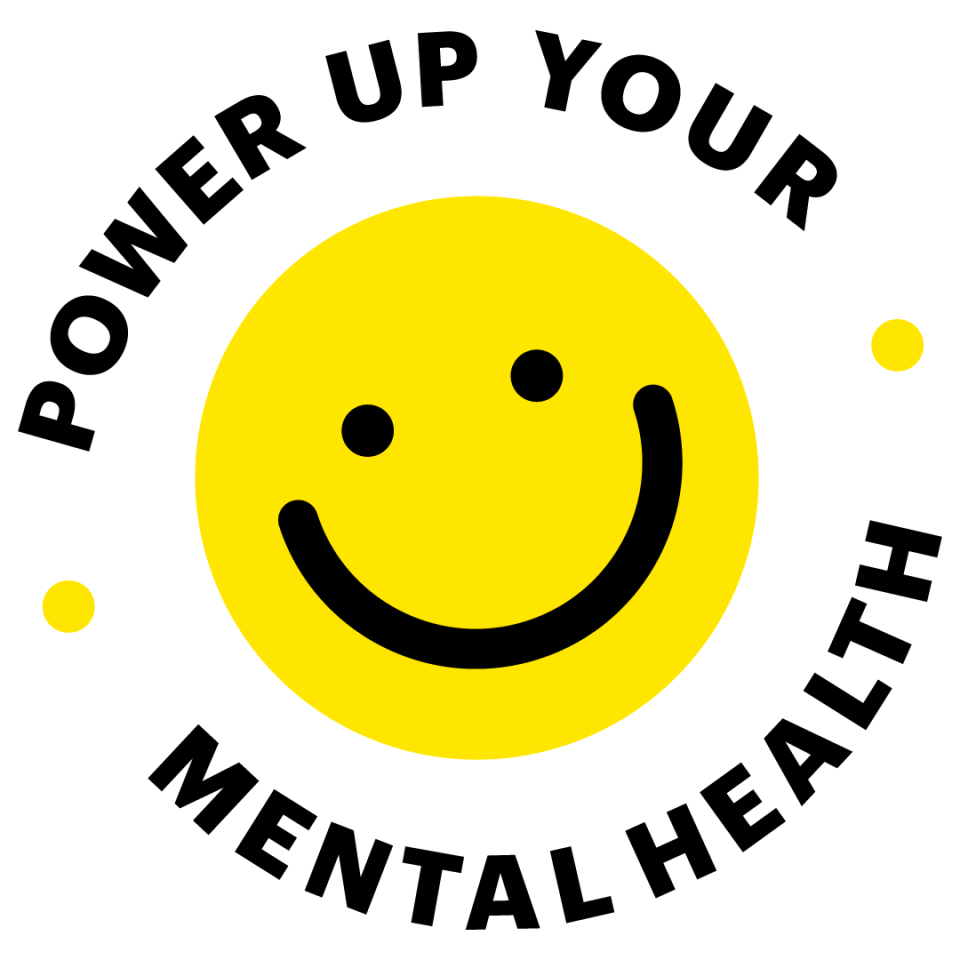There Are Lots of Mental Health Meds Out There. What's the Difference?

There are lots of different medications out there to power up your mental health-but what do they all do? Here, David Hellerstein, M.D., a research psychiatrist and professor of clinical psychiatry at Columbia University Medical Center, breaks down the different classes of mental health meds.


Anxiety is a disorder, but it can also be a symptom of another disorder, like depression, that could be treated with a nonaddictive medicine, says Dr. Hellerstein. And conditions such as panic disorders may be masked while taking certain antianxiety meds, particularly benzodiazepines. Many who are put on these medications might benefit from relaxation training, yoga, CBT, or an antidepressant instead, Dr. Hellerstein adds.
Benzodiazepines
In addition to anxiety, benzos can also be helpful for insomnia and depression. They bind to the same brain receptors as alcohol, and they can be addictive if used regularly. Check whether your anxiety could be a symptom of another disorder.

Clonazepam (Klonopin)
It takes longer to kick in than other medications, but it also lasts longer and is probably least addictive.
Treats: Panic and seizure disorders
Lorazepam (Ativan)
It starts working fast and wears off fast.
Treats: Anxiety, insomnia
Alprazolam (Xanax)
Also has antidepressant effects. It’s highly addictive and can be difficult to withdraw from. “I tend to prescribe it quite rarely,” says Dr. Hellerstein.
Treats: Panic disorder and anxiety caused by depression

Unlike benzos, antidepressants aren’t physiologically addictive, but they can be difficult to come off. While there’s no clear metric for deciding which medication within each class might be best, doctors do use various criteria. If you’ve had trouble tolerating a number of medicines in the past or haven’t seen benefits, ask about potential genetic tests, Dr. Hellerstein suggests. They can help match you to appropriate medications based on features like your metabolism.
Selective Serotonin Reuptake Inhibitors (SSRIs)
The go-to choice for treating depression. That’s because they’re safe and inexpensive and have relatively few side effects. They can also help other conditions, including anxiety disorders, obsessive-compulsive disorder (OCD), and panic disorder.
Citalopram (Celexa)
Treats: Depression
Escitalopram (Lexapro)
Treats: Depression and generalized anxiety disorder (GAD)
Fluoxetine (Prozac)
Treats: Depression, OCD, some eating disorders, and panic disorder
Paroxetine (Paxil)
Treats: Depression, OCD, panic disorder, GAD, and PTSD
Sertraline (Zoloft)
Treats: Depression, OCD,
PTSD, and panic and social-anxiety disorders
Vilazodone (Viibryd) and vortioxetine (Trintellix)
Newer meds that also have anti-anxiety and pro-cognitive effects.
May be helpful for those who don’t respond to traditional SSRIs.
Serotonin and Norepinephrine Reuptake Inhibitors (SNRIs)
serotonin and so also help with energy, concentration, focus, and motivation issues. They’re best used with someone who is depressed but also has low energy, or someone who can’t focus or concentrate.
Desvenlafaxine (Pristiq)
Treats: Depression
Duloxetine (Cymbalta)
Treats: Depression, GAD, muscle pain
Levomilnacipran (Fetzima)
Treats: Depression
Venlafaxine (Effexor)
Treats: Depression, GAD, and panic disorder
Norepinephrine-Dopamine Reuptake Inhibitors (NDRIs)
They work on norepinephrine and dopamine as opposed to serotonin, so they’re also helpful with energy and concentration. NDRIs have fewer side effects compared with SSRI and SNRI medications.
Bupropion (Wellbutrin)
Treats: Depression and depression associated with seasonal affective disorder

Stimulants treat symptoms of attention deficit/hyperactivity disorder (ADHD). They can be addictive, but most stimulant addictions stem from failing to follow prescription instructions. It’s a good idea to talk with your doctor and schedule a follow-up soon after beginning the medication, as overuse can cause paranoia, cautions Dr. Hellerstein.
The Potentially Addictive
Amphetamine/dextro-amphetamine (Adderall)
Treats: ADHD and narcolepsy
Lisdexamfetamine dimesylate (Vyvanse)
Treats: ADHD and binge-eating disorder
Methylphenidate (Ritalin)
Treats: ADHD and narcolepsy
The Nonaddictive Alternatives
Guanfacine (Intuniv)
Treats: ADHD and high blood pressure
Atomoxetine (Strattera)
Treats: ADHD
('You Might Also Like',)

